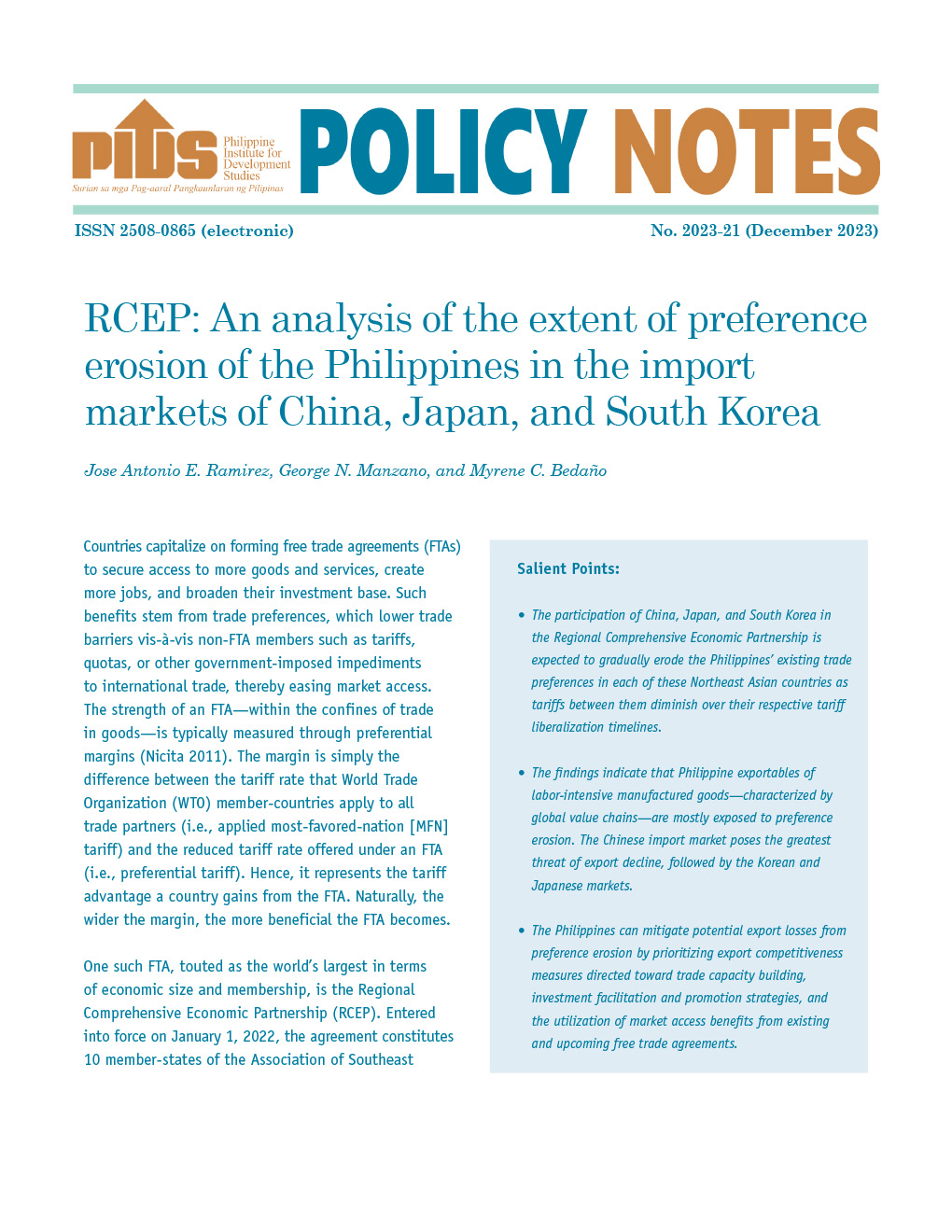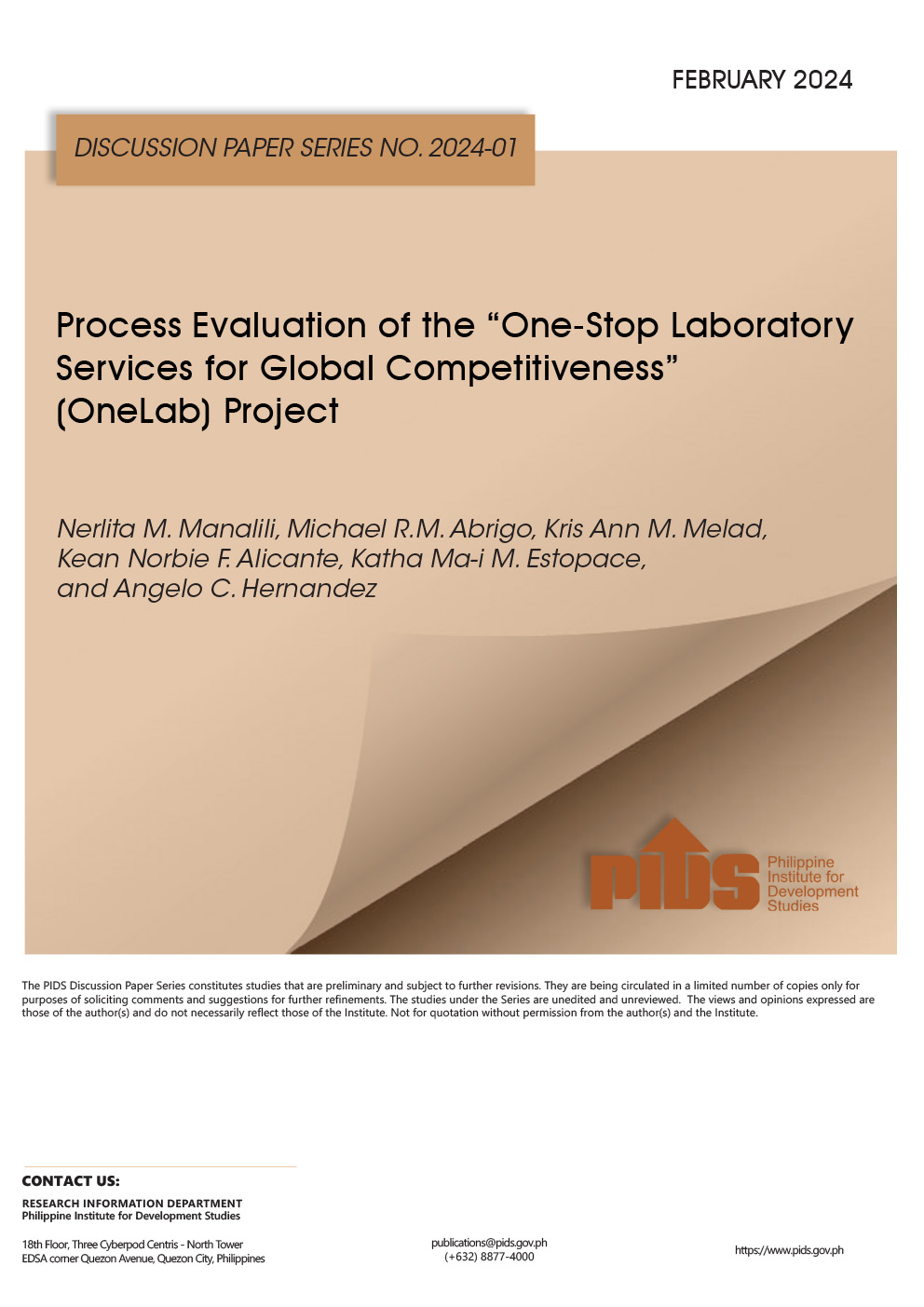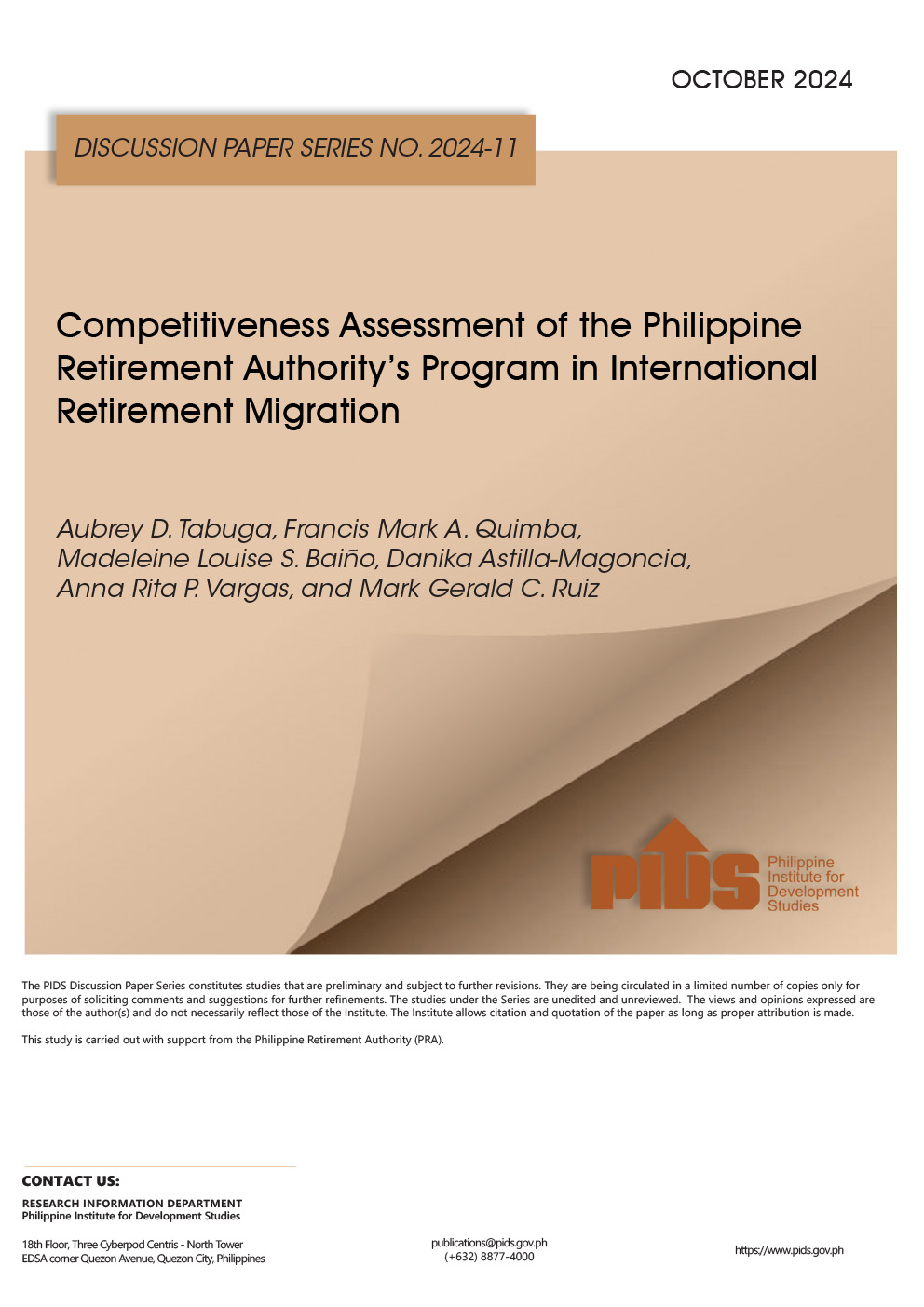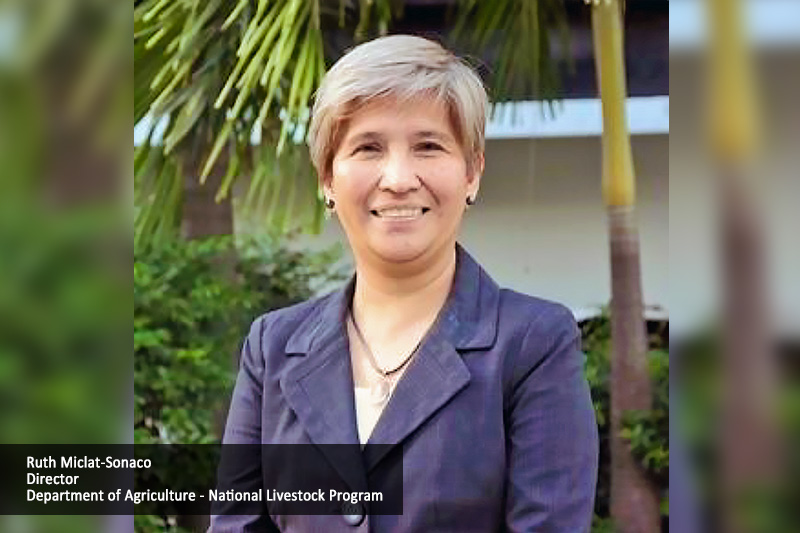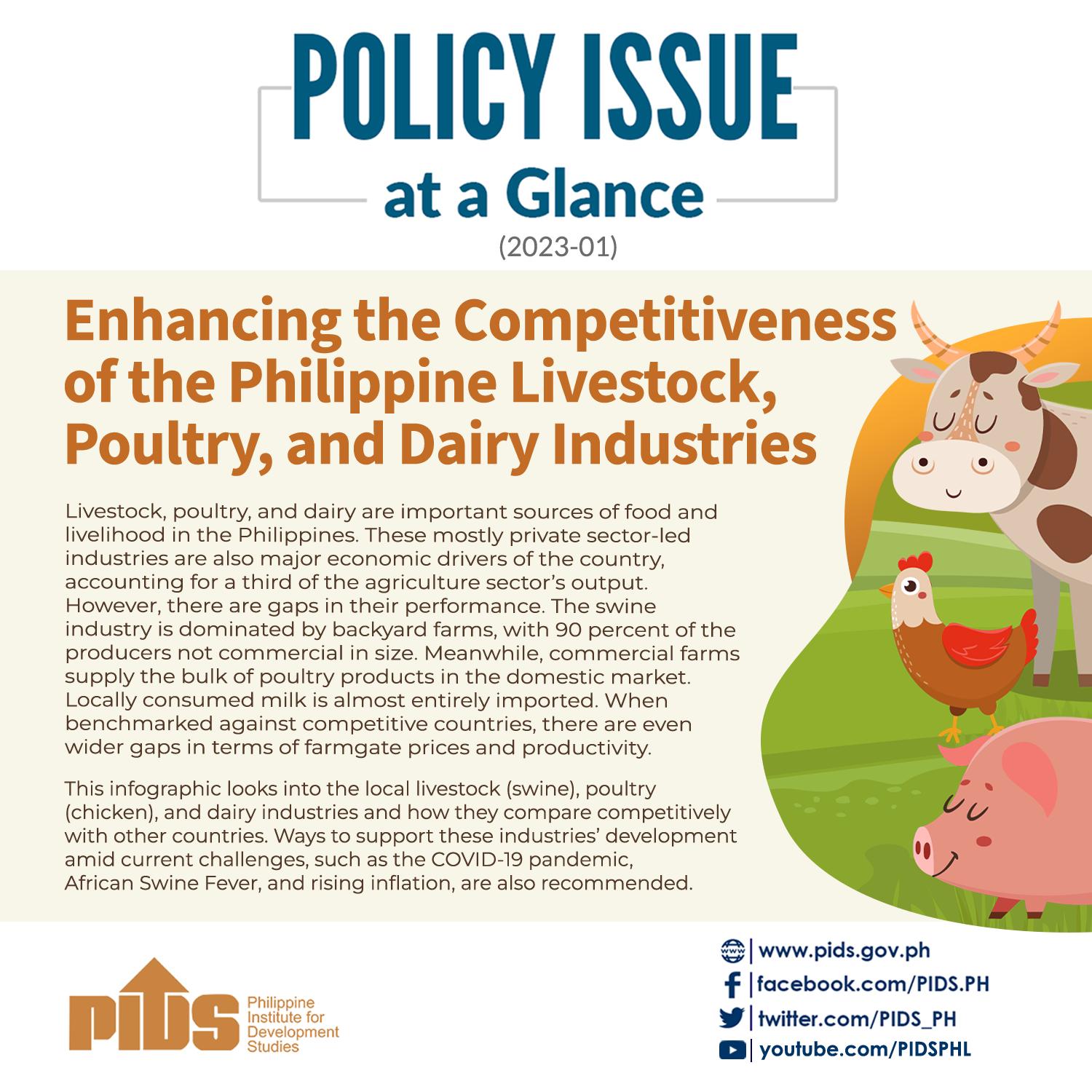For the Philippines to maximize the potential prospects for the upcoming ASEAN common market in 2015, there is a need to enhance the competitiveness of some priority sectors in the country. Veredigna Ledda of the Philippine Institute for Development Studies (PIDS) pointed out the issues and challenges of the different economic sectors in the country in relation to the standards and conformance in the Philippines prior the ASEAN economic community (AEC) two years from now. Among the eight priority sectors to prepare for the free trade market include automotive, rubber-based products, electrical and electronic equipment, cosmetics, medical devices, pharmaceutical products, prepared foodstuff, and traditional medicine and health supplements.
She said that there are ASEAN standards and conformance measures which are aimed to harmonize national standards, technical regulations and conformity assessment procedures to facilitate trade and achieve connectivity among similar regulatory institutions. She said that such measures are designed to realize AEC goals such as enhancing market access especially for the small and medium enterprises in the region. Ledda cited the findings of the mid-term review of the AEC blueprint that set out surveys and a scorecard mechanism to assess the implementation of standards and conformance measures in the Philippines.
While all eight sectors obtained high scores for the National Obligations for Standards, cosmetics and electrical and electronic equipment sectors had the highest scores for equivalence of national with international standards. Sectors related to prepared foodstuff and traditional medicine and health supplements, however, resulted to low scores in terms of implementations of standards. Ledda said that the Philippines which is considered to be the net importer in the automotive sector needs more capacity building programs, market surveillance and market monitoring activities for the industry. She added that the rubber-based products industry, akin to the automotive sector, also lacks technical infrastructure and capability compared to the other ASEAN member states with larger manufacturing industry.
Phl priority sectors must improve competitiveness
Related Posts
Publications
Press Releases
Video Highlights
[No related items]

